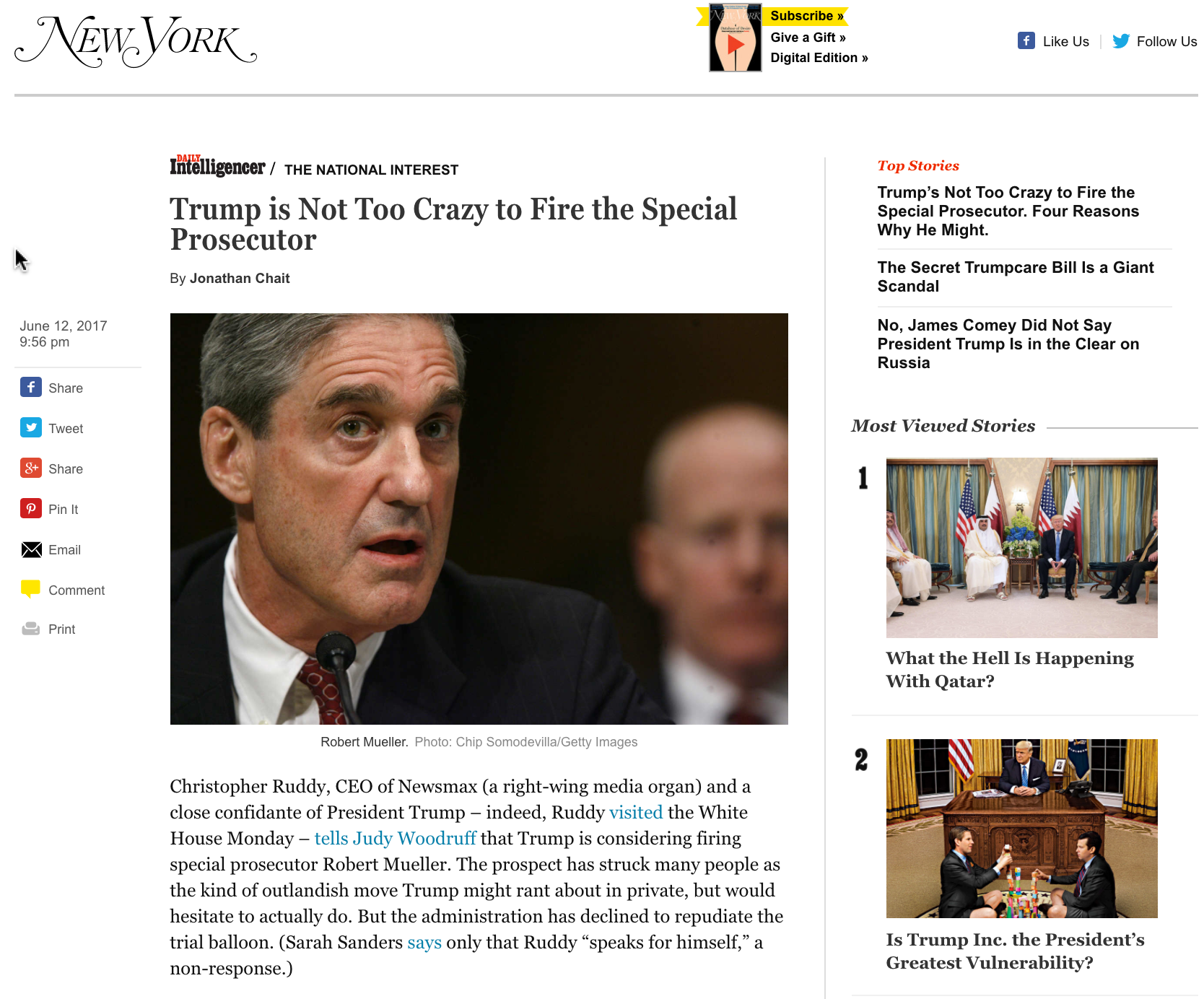Learning not to avoid
 Joanna Klein, "Swatting at Mosquitoes May Help You Avoid Bites, Even if you Miss", NYT 1/25/2018:
Joanna Klein, "Swatting at Mosquitoes May Help You Avoid Bites, Even if you Miss", NYT 1/25/2018:
If you keep swatting at a mosquito, will it leave you alone?
Some scientists think so. But it depends.
Some blood meals are worth a mosquito risking its life. But if there’s a more attractive or accepting alternative to feed from, a mosquito may move on to that someone or something instead.
An interesting story. But this is Language Log, not Insect Learning Log, so let's focus on the prominently-displayed picture caption, which reads:
A new study suggests that mosquitoes might learn not to avoid people who swat at them, by recognizing their smell.
Read the rest of this entry »
